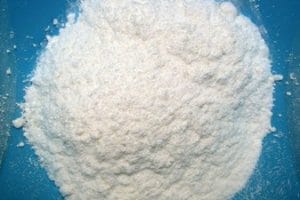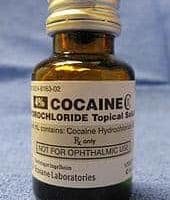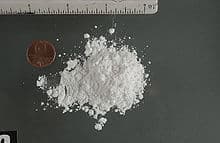cocaine
Mount Sinai researchers discover why cocaine is so addictive
Mount Sinai researchers have discovered how cocaine corrupts the brain and becomes addictive. These findings — the first to connect activation of specific neurons to alterations in cocaine reward — were published in Science on October 15. The resu…
Why the craving for cocaine won’t go away
People who have used cocaine run a great risk of becoming addicted, even after long drug-free periods. Now researchers at Linköping University and their colleagues can point to a specific molecule in the brain as a possible target for treatment to …
Ritalin improves brain function, task performance in cocaine abusers
UPTON, NY — A brain-scanning study at the U.S. Department of Energy’s (DOE) Brookhaven National Laboratory, conducted with collaborators from Stony Brook University, reveals that an oral dose of methylphenidate, commonly known as Ritalin, improve…
Study finds addictive drugs all tweak same neurons in brain
Drug addicts may prefer some drugs over others, but their brains all have something in common. Whether it’s uppers or downers, addictive drugs tweak the same addiction-related neurons, causing them to become more sensitive, say researchers at Stanford University Medical Center. “What we have identified is a single change caused by drugs of abuse with different molecular mechanisms,” said researcher Robert Malenka.





